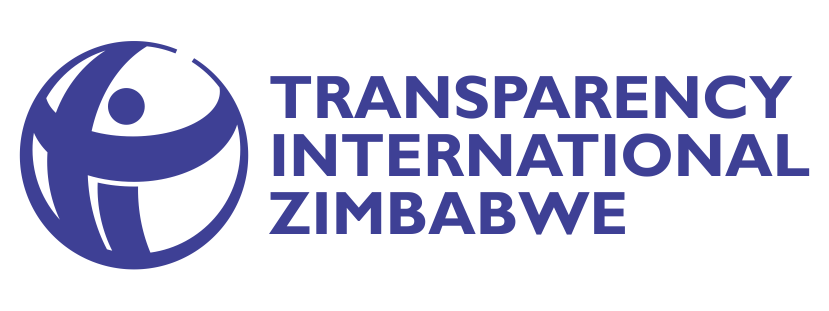By Senzeni Ncube
Women in ward 7 Makokoba have condemned the ‘pull her down’ syndrome saying it has affected the development of capable women in the area leading to underdevelopment in the ward.
This came out during a women empowerment circle meeting organised by Transparency International Zimbabwe (TIZ) to amplify women voices in the fight against corruption.
Speaking in unison the female participants said the failure to support the development and elevation of women into positions of influence gives room for men to engage in corruption.
“As women, we pull each other down and support men to the extent that we do not realise each other’s capabilities and end up not realising corruption done by men.
“We are quick to support men who do not understand our struggles as women and in turn, we do not get women benefits as they do not understand our struggle,” said Rangarirai Majachana.
She said the syndrome affects the development in the ward.
“Even when I know my neighbour as a strong woman and capable to be a Member Of Parliament, I will only run to support the male counterpart but if we put a woman she will be aware of what needs to be done in the ward.”
Majachana said there is a need for women to support each other for development driven solutions to address problems faced in the constituency as a whole.
In addition, another resident and a committee member of Bulawayo Progressive Residents Association (BPRA), Skhumbuzo Mpofu said it is important for women to know their rights as women so they can be able to support each other.
“As women, it is important that we know that we have certain rights as women that way we would be able to understand the importance of supporting each other,” Mpofu said.
She said there is a need for women empowerment advocacy in the ward.
Meanwhile, TIZ Advocacy Officer, Njabulo Moyo said women societal roles limit their access to resources.
“Women and men are affected by corruption differently, women are affected in terms resources especially economic they have limited access,” he said.
“The idea is not trying to get them into positions for them to be corrupt but to understand diversities around corruption and how it hinders their rights.”
He said there is a need to offer community empowering services to women.
“Offering services to communities is indeed a method of empowerment, yes there are gaps around economic empowerment of women hence institutions have to play a role.”
Moyo also noted that there is a need for the emancipation of women so that they are not victims of corruption especially sextortion.

